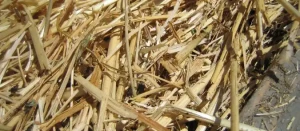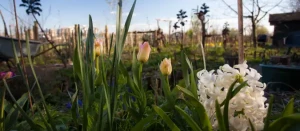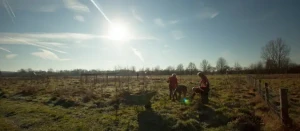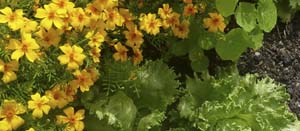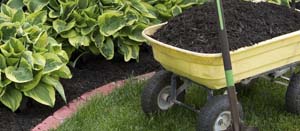SEARCH RESULTS > ARTICLES > bountiful harvest
Delving into the psychological aspects of permaculture, this article explores how gardening and working with the land can have profound positive effects on mental health and well-being. It discusses the therapeutic benefits of spending time in nature, cultivating mindfulness, and fostering a deeper connection to the environment through permaculture practices. Learn More
The no-dig method, also known as no-till gardening, is a sustainable and organic approach to cultivating vegetables without disturbing the soil structure. This gardening technique has gained popularity among gardeners due to its numerous benefits for soil health, plant growth, and overall garden productivity. Unlike traditional gardening methods that involve tilling, digging, and turning the soil, the no-dig method emphasizes minimal soil disturbance. Instead of breaking up the soil, gardeners layer organic materials on top of the ground to create nutrient-rich soil beds where plants can thrive. By implementing the no-dig method, gardeners can improve soil structure, enhance soil fertility, and promote beneficial soil organisms such as earthworms and microorganisms. Additionally, this approach helps to conserve water, reduce weed growth, and minimize soil erosion. Learn More
As winter fades away and the warmth of spring arrives, gardeners everywhere eagerly anticipate the opportunity to cultivate their outdoor spaces once again. Spring heralds the beginning of the growing season, and with it comes a flurry of essential tasks to ensure a successful and bountiful harvest later in the year. Whether you're a seasoned gardener or just starting out, following a comprehensive spring garden maintenance checklist can help set the stage for a productive and thriving garden. From soil preparation to pest management, here are the key tasks you'll want to tackle as you prepare your garden for the growing season: Learn More
If the chill of winter begins to wane and the first signs of spring emerge, gardeners eagerly anticipate the opportunity to revitalize their garden beds. Transitioning from winter to spring requires careful attention to cleaning and preparing garden beds to ensure a successful growing season ahead. Learn More
Creating a thriving and productive garden involves more than just selecting the right plants and providing adequate water and sunlight. One often-overlooked strategy that can significantly enhance your garden's health and yield is companion planting. This ancient practice involves strategically planting different crops together to maximize their benefits and minimize potential issues. Learn More
In the realm of sustainable gardening, permaculture stands out as a holistic and eco-friendly approach that harmonizes with nature rather than imposing on it. Creating a permaculture garden involves thoughtful planning, observation, and a commitment to working with the natural environment. In this step-by-step guide, we'll explore how to design a permaculture garden that not only yields bountiful harvests but also nurtures the ecosystem. Learn More
A lush, vibrant garden begins with healthy soil. No matter how green your thumb may be, the quality of your soil plays a pivotal role in the success of your garden. To create a thriving garden, you need to build a solid foundation, and that foundation is healthy soil. One of the most effective ways to improve and maintain soil health is through composting. In this article, we'll explore the importance of soil health and delve into the world of composting, showing you how to transform your garden's foundation into a haven for your plant Learn More

